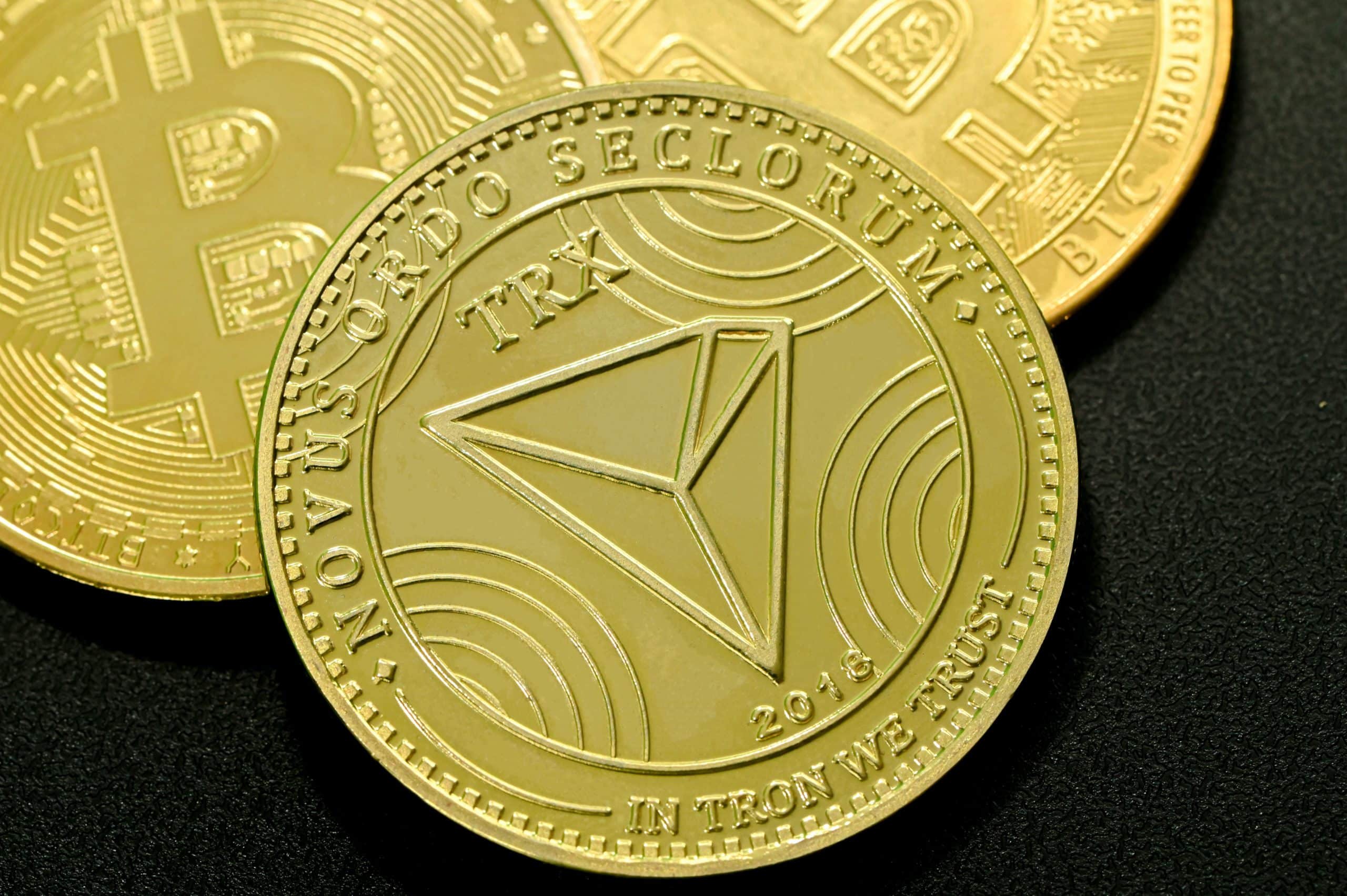Justin Sun, founder of the Tron blockchain, is one of the largest investors in crypto asset manager Valkyrie, according to a report from CoinDesk.
A private financial document reviewed by CoinDesk revealed that Sun held more than $580 million Bitcoin in Valkyrie’s digital asset division in August. The amount accounted for 90% of the division’s asset under management.
The report also detailed that Sun’s money touched every section of Valkyrie’s business, from independently managed accounts to the firm’s Bitcoin futures exchange traded fund.
Valkyrie’s Chief Investment Officer Steve McClurg reportedly declined to comment on the source of the asset manager’s client funds for confidentiality reasons, but did disclose that that Valkyrie has a partnership with Tron.
“I’ve known Justin for many years. We had representatives on the Tron hackathon, we’ve got strategic partnerships with them,” said McClurg.
This partnership is said to have involved Valkyrie mulling the idea of creating several trusts for tokens linked to the Tron founder, according to two asset managers who declined to be named. These tokens included the BitTorrent token, that Valkyrie almost created a trust for in October, but ultimately abandoned citing a volatile crypto market.
“I suspect that Sun is keeping a considerable amount of wealth tied up in Valkyrie’s products to keep it out of reach of PRC officials. Tough for Beijing to confiscate a U.S. domiciled asset. Just like how many Chinese migrants to the West buy real estate,” tweeted markets reporter Sam Reynolds.
Sun is one of the biggest cryptocurrency entrepreneurs from China, although his citizenship status lies with Grenada in light of his position as a Permanent Representative for the nation to the World Trade Organization.
China has one of the strictest stances on cryptocurrency, having banned crypto trading platforms and mining activities related to digital assets. However, a number of individuals still own cryptocurrency. The country ranked 10th in a list of countries on Chainalysis’ gloval crypto adoption index.
“Our data suggests that the ban has either been ineffective or loosely enforced,” said Chainalysis in a September report.



